Councils with “outdated” debt collection tactics have been told to learn from a trial in Tayside designed to support people in need.
Aberlour Children’s Charity says Scotland’s public authorities are “trapping families in poverty” by collecting debt without compassion.
They fear the way local authorities benefit agencies claw back arrears is making it harder for families to escape poverty.
But they hailed a landmark debt support trial in Perth and Kinross, Dundee, and Angus for showing how money owed for rent, council tax and school meals can be collected without inflicting more hardship.
Consumer champion Martin Lewis, the Money Saving Expert, has previously compared the way local councils chase council tax arrears to the behaviour of loan sharks.
Currently, local authorities can demand payment for 12 months of council tax after just two missed payments
They can then pass the debt onto a private collection firm or apply to court to have someone’s salary or benefit payments arrested.
How has the Tayside project helped families?
The Family Financial Wellbeing service works to understand how people are affected by debt and change how arrears are chased.
As well as expert advice, it operates a hardship fund which provides an average award of £2,700 to families struggling with public sector debt.
All three councils examined how debt recovery tactics can be changed to keep families afloat.
The new approach would help stop those in debt becoming homeless, postpone legal action and allow Aberlour to help them stabilise finances and build repayment plans.
Tayside debt trial ‘makes huge difference’
Heather Kelly, assistant director of Aberlour, said those helped by the service began to see a future for their family.
She said: “Poverty is gruelling and can strip the hope from families. They can’t get on top of it and can’t see a way out.
“They feel like bad parents, that their children are missing out.
“This service shows that can change, that direct assistance, financial help and family support can turn things around.”
Aberlour wants to see the project expanded across Scotland.
Martin Canavan, head of policy and participation at Aberlour, said: “In Tayside, we have shown how councils can change and improve how debt can be recovered without the immediate need for national legislation.”
A Scottish Government spokesman said despite facing the most challenging financial situation since devolution they had allocated £3 billion a year since 2022-23 to tackling poverty.
“We are continuing to do everything in the scope of our powers and limited budget to tackle and reduce poverty, with modelling published in February estimating Scottish Government policies will keep 100,000 children out of relative poverty this year.”
On public sector debt collection added: “Scottish Ministers have acted to ensure that people who are financially vulnerable are protected through the Council Tax Reduction scheme, and over 460,000 households receive some level of support through the scheme.”
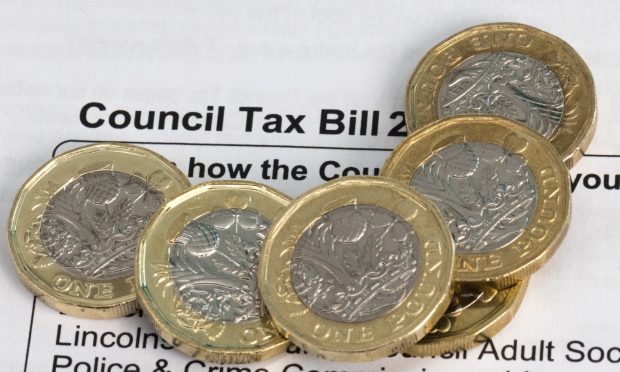
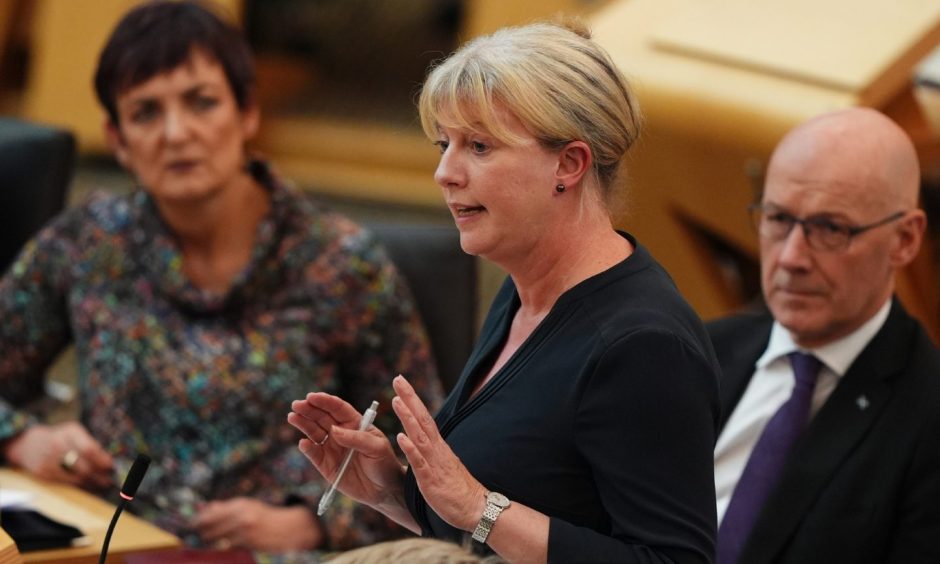
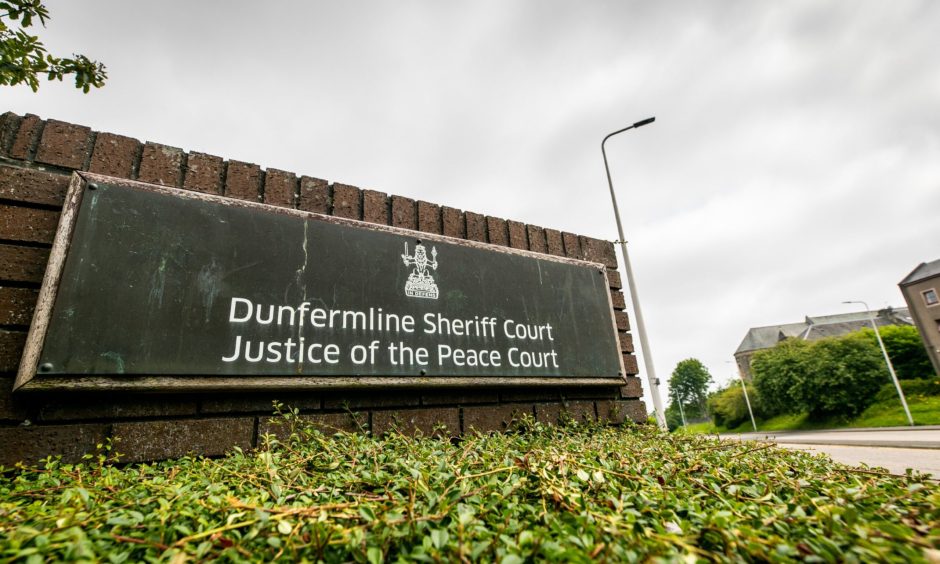

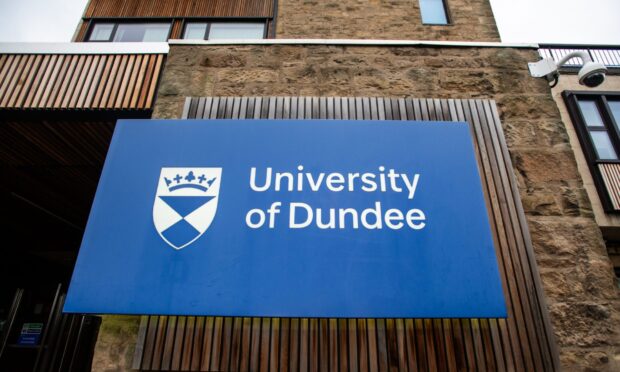

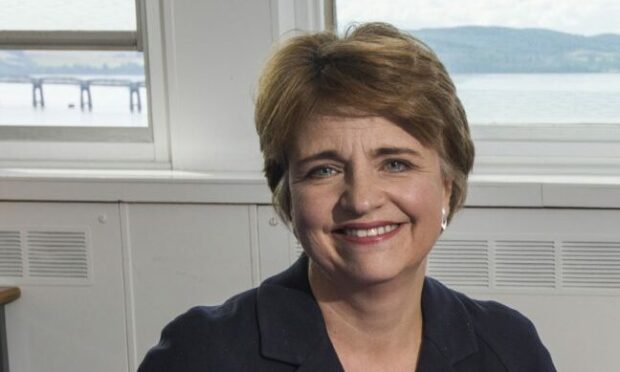


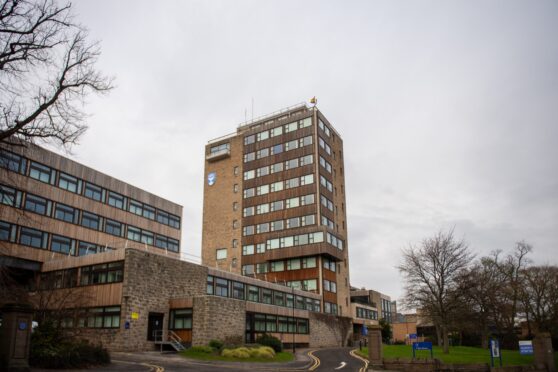


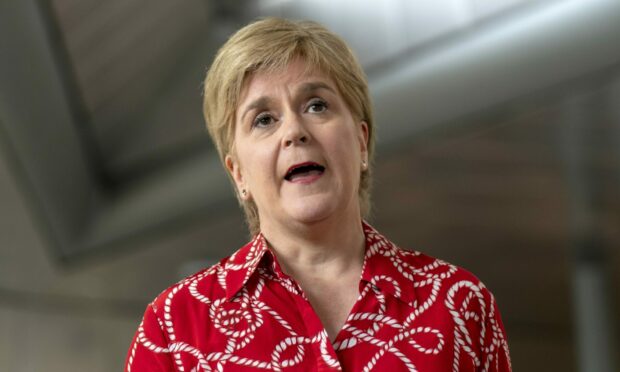
Conversation